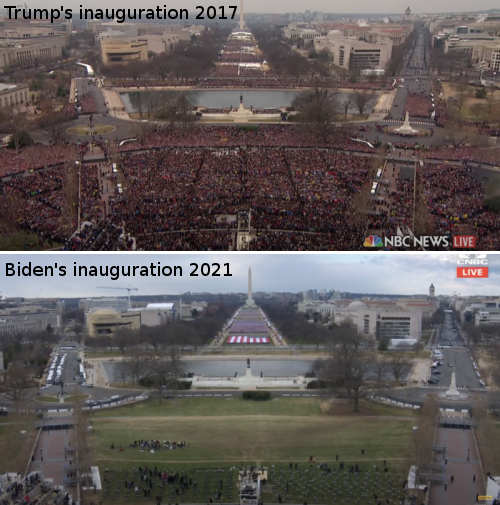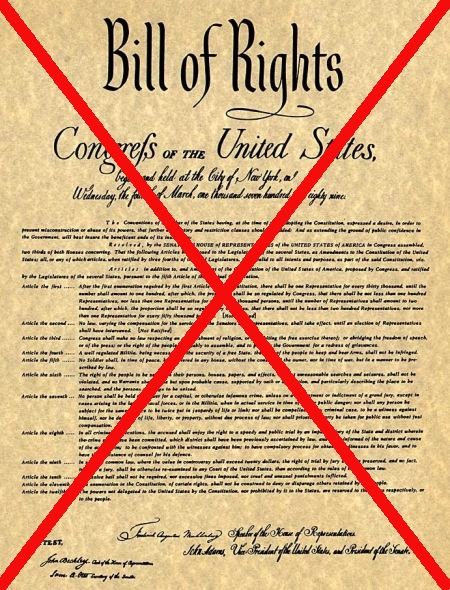Chinese government gives wrist slap to powerful scientist on fraud and plagiarism charges
In a decision clearing a powerful scientist of charges of fraud and plagiarism in more than sixty papers, several of which have already been retracted, the Chinese government has also allowed that scientist to keep his post as head of one China’s universities.
The Chinese communists did punish him, but in a way that in the long run is mostly meaningless.
Cao [Xuetao, president of Nankai University and an academician at the Chinese Academy of Engineering] will be barred from applying for national science and technology projects, lose his qualification as a scientific expert, and be forbidden from recruiting graduate students, all for 1 year. The notification also ordered him to investigate and correct the papers. It appears he will keep his job as president of Nankai University, one of China’s most prestigious universities. (On Nankai’s English-language website, Cao is also listed as one of the university’s two chancellors.) Cao did not immediately respond to an email requesting comment.
In other words, he keeps his powerful post. To get off so lightly you would almost think he worked for the American FBI and had tried to overthrow a legal election. But then, no, it isn’t the same. The FBI officials who managed the Trump coup have actually seen less punishment. China, as corrupt as its communist government might be, in this case actually managed to administer a tiny bit of justice.
This is the future, as the world’s culture no longer honors law and the truth, but power and authority. And those in power will never be brought to justice, because they are above all those little people who serve them.
This also tells you how little you should trust any results coming from a government scientist. Those results might be real, but before you accept them you better go over them with a fine-tooth comb.
In a decision clearing a powerful scientist of charges of fraud and plagiarism in more than sixty papers, several of which have already been retracted, the Chinese government has also allowed that scientist to keep his post as head of one China’s universities.
The Chinese communists did punish him, but in a way that in the long run is mostly meaningless.
Cao [Xuetao, president of Nankai University and an academician at the Chinese Academy of Engineering] will be barred from applying for national science and technology projects, lose his qualification as a scientific expert, and be forbidden from recruiting graduate students, all for 1 year. The notification also ordered him to investigate and correct the papers. It appears he will keep his job as president of Nankai University, one of China’s most prestigious universities. (On Nankai’s English-language website, Cao is also listed as one of the university’s two chancellors.) Cao did not immediately respond to an email requesting comment.
In other words, he keeps his powerful post. To get off so lightly you would almost think he worked for the American FBI and had tried to overthrow a legal election. But then, no, it isn’t the same. The FBI officials who managed the Trump coup have actually seen less punishment. China, as corrupt as its communist government might be, in this case actually managed to administer a tiny bit of justice.
This is the future, as the world’s culture no longer honors law and the truth, but power and authority. And those in power will never be brought to justice, because they are above all those little people who serve them.
This also tells you how little you should trust any results coming from a government scientist. Those results might be real, but before you accept them you better go over them with a fine-tooth comb.





